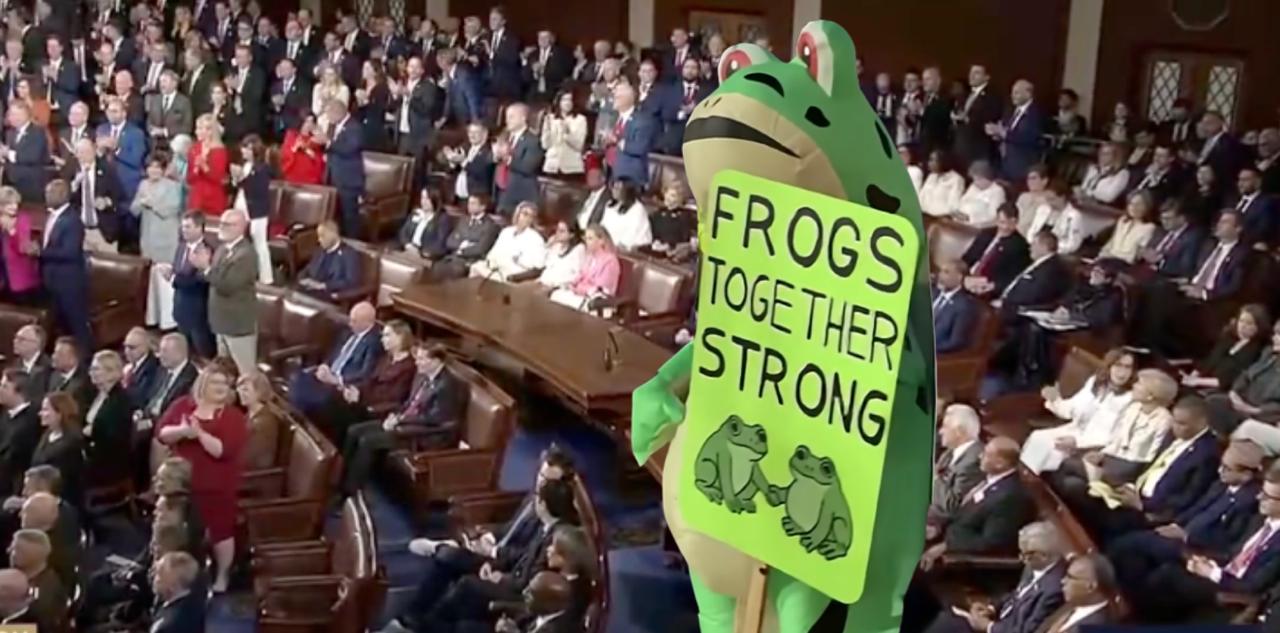Dr. Owen Anderson, a philosophy, religious studies, and theology professor at Arizona State University (ASU), has initiated legal action against the university in response to its mandatory diversity, equity, and inclusion (DEI) course for faculty.
According to Fox News, Anderson’s lawsuit alleges that ASU’s requirement for faculty to complete the DEI course violates Arizona state law. The law prohibits public agencies from mandating training that assigns blame or judgment based on race, ethnicity, or sex.
Anderson, who has been with the university for 21 years, asserts that the course, titled “Inclusive Communities,” goes beyond multicultural awareness and instead focuses on dividing people by skin color. He criticizes the course content for promoting ideas such as “critiquing whiteness” and discussing “white fragility.”
In an interview with Fox News, Anderson expressed his concerns, stating, “This was specifically about dividing people into races and then placing blame on them depending on their skin color and that’s a direct violation of an Arizona law, and I think it’s also the essence of racism.”
The complaint filed by Anderson argues that the DEI training is discriminatory as it compels the speech of public employees by requiring them to complete an examination that presents blame or judgment based on race, ethnicity, or sex. Anderson alleges that faculty and staff must provide ASU’s “correct” answers, violating the Arizona Constitution.
However, ASU refutes claims of discrimination, asserting that the DEI training is not discriminatory.
“The lawsuit filed by the Goldwater Institute regarding diversity at Arizona State University is false and without merit,” an ASU spokesperson said.
Last fall, the Arizona Board of Regents announced that it would no longer require DEI statements from applicants at publicly-funded universalities. The decision followed a reportby the Goldwater Institute that found over 80% of job postings at ASU were expecting applicants to submit a DEI pledge when applying.
The lawsuit comes at a time where a growing number of states are placing legal restrictions on public institutions to implement DEI initiatives and training for employees.
This piece first appeared at TPUSA.





